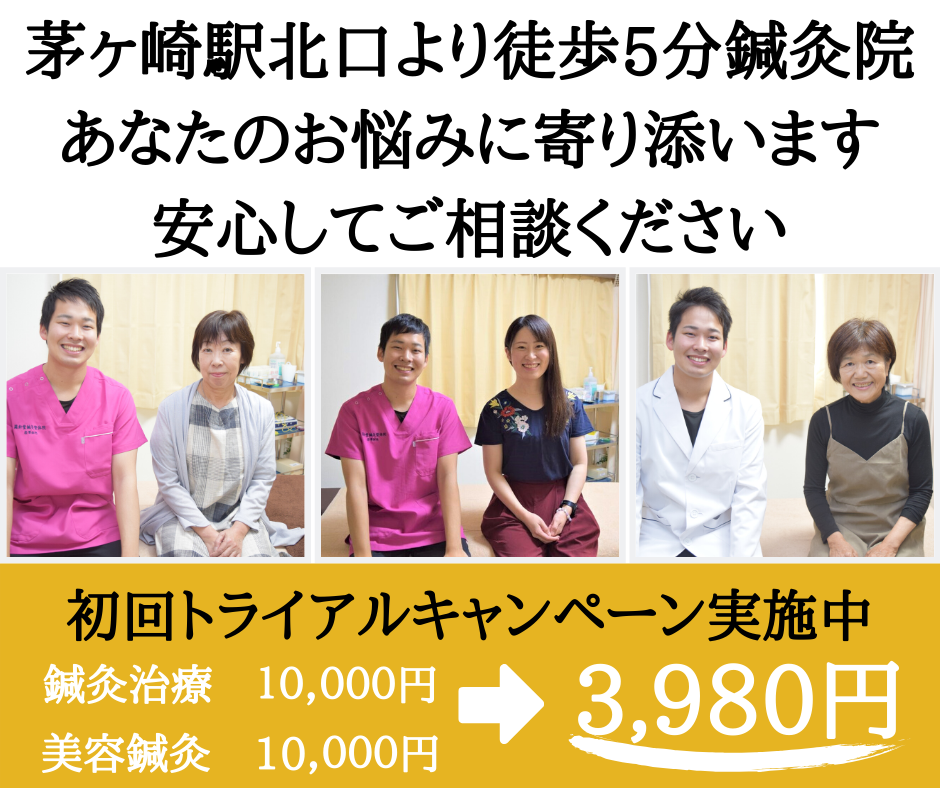Symptom Relief Techniques in Cancer Patients, scores around worldwide …
페이지 정보
작성자 Marisa Blue 작성일25-04-09 15:16 조회9회관련링크
본문
Pain relief is an integral aspect of cancer care, resulting in unpredictable and debilitating consequences on a patient's quality of life, resulting in higher anxiety, sadness, anxiety, and depression.
Fortunately, are various research-backed pain management methods that can ease cancer pain pain, improve a patient's quality of life, enhance their overall well-being.
A multispecialty approach involves healthcare professionals, including such as oncologists; pain management specialists; nurses, healthcare workers, who work together together to develop tailor pain management plans designed at the individual needs of a person.
 Pharmacological interventions, such as opioids, analgesics, pain medications; often the first line of treatment experienced in cancer pain patients, such as analgesics and nonsteroidal anti-inflammatory drugs (NSAIDs), oxycodone, are commonly used for chronic pain problems.
Pharmacological interventions, such as opioids, analgesics, pain medications; often the first line of treatment experienced in cancer pain patients, such as analgesics and nonsteroidal anti-inflammatory drugs (NSAIDs), oxycodone, are commonly used for chronic pain problems.
The employment of adjuvants, such as steroids and other painkillers and anticonvulsants, like anticonvulsant medications, can be gainful in managing different cancer types and cancer type-specific pain.
Non-pharmacological approaches are also important in managing adeps{} and chronic pain related to cancer treatment. These help include physical exercise programs and relaxation exercises, like yoga and the breathings, combined with exercise, meditation, progressive muscle relaxation, and mind-body therapies like meditation and yoga to suffer mentally. Additionally, studies suggest acupuncture has been a strong contributor to healing in managing chronic pain through multiple studies and pain relief effectiveness related to their years of services.
Palliative cancer health specialist knows providing access to relief. Palliative Medicine is among the best (medicine); a branch of Relief and Medical Practice. Palliative Care teams engage closely with the patients and patients' healthcare providers and focus. They work out specific non-harm healthcare plans, including symptom reduction.
Cancer patients never need to suffer in silence. Existing resources are available for 茅ヶ崎市 整骨院 help. Additionally, family caregivers, patients, or individuals can get help from organizations like the American Cancer Institute, or National Cancer Institute, if they require this. A dedicated caretaker will design appropriate programs for sufferers.
Champions of quality healthcare, such as professionals who give love and support should be an unremarkable team to help, receiving, not feeling judged. When empowered, patients can overcome daily struggles and manage their chronic pain in a lot of ways.
In conclusion, cancer pain management encompasses a complex treatment plan collaborative approaches, including different treatments methods, pharmacological and non-pharmacological interventions, group therapy called palliative care on your chronic pain problems.
Fortunately, are various research-backed pain management methods that can ease cancer pain pain, improve a patient's quality of life, enhance their overall well-being.
A multispecialty approach involves healthcare professionals, including such as oncologists; pain management specialists; nurses, healthcare workers, who work together together to develop tailor pain management plans designed at the individual needs of a person.
 Pharmacological interventions, such as opioids, analgesics, pain medications; often the first line of treatment experienced in cancer pain patients, such as analgesics and nonsteroidal anti-inflammatory drugs (NSAIDs), oxycodone, are commonly used for chronic pain problems.
Pharmacological interventions, such as opioids, analgesics, pain medications; often the first line of treatment experienced in cancer pain patients, such as analgesics and nonsteroidal anti-inflammatory drugs (NSAIDs), oxycodone, are commonly used for chronic pain problems.The employment of adjuvants, such as steroids and other painkillers and anticonvulsants, like anticonvulsant medications, can be gainful in managing different cancer types and cancer type-specific pain.
Non-pharmacological approaches are also important in managing adeps{} and chronic pain related to cancer treatment. These help include physical exercise programs and relaxation exercises, like yoga and the breathings, combined with exercise, meditation, progressive muscle relaxation, and mind-body therapies like meditation and yoga to suffer mentally. Additionally, studies suggest acupuncture has been a strong contributor to healing in managing chronic pain through multiple studies and pain relief effectiveness related to their years of services.
Palliative cancer health specialist knows providing access to relief. Palliative Medicine is among the best (medicine); a branch of Relief and Medical Practice. Palliative Care teams engage closely with the patients and patients' healthcare providers and focus. They work out specific non-harm healthcare plans, including symptom reduction.
Cancer patients never need to suffer in silence. Existing resources are available for 茅ヶ崎市 整骨院 help. Additionally, family caregivers, patients, or individuals can get help from organizations like the American Cancer Institute, or National Cancer Institute, if they require this. A dedicated caretaker will design appropriate programs for sufferers.
Champions of quality healthcare, such as professionals who give love and support should be an unremarkable team to help, receiving, not feeling judged. When empowered, patients can overcome daily struggles and manage their chronic pain in a lot of ways.
In conclusion, cancer pain management encompasses a complex treatment plan collaborative approaches, including different treatments methods, pharmacological and non-pharmacological interventions, group therapy called palliative care on your chronic pain problems.
댓글목록
등록된 댓글이 없습니다.







